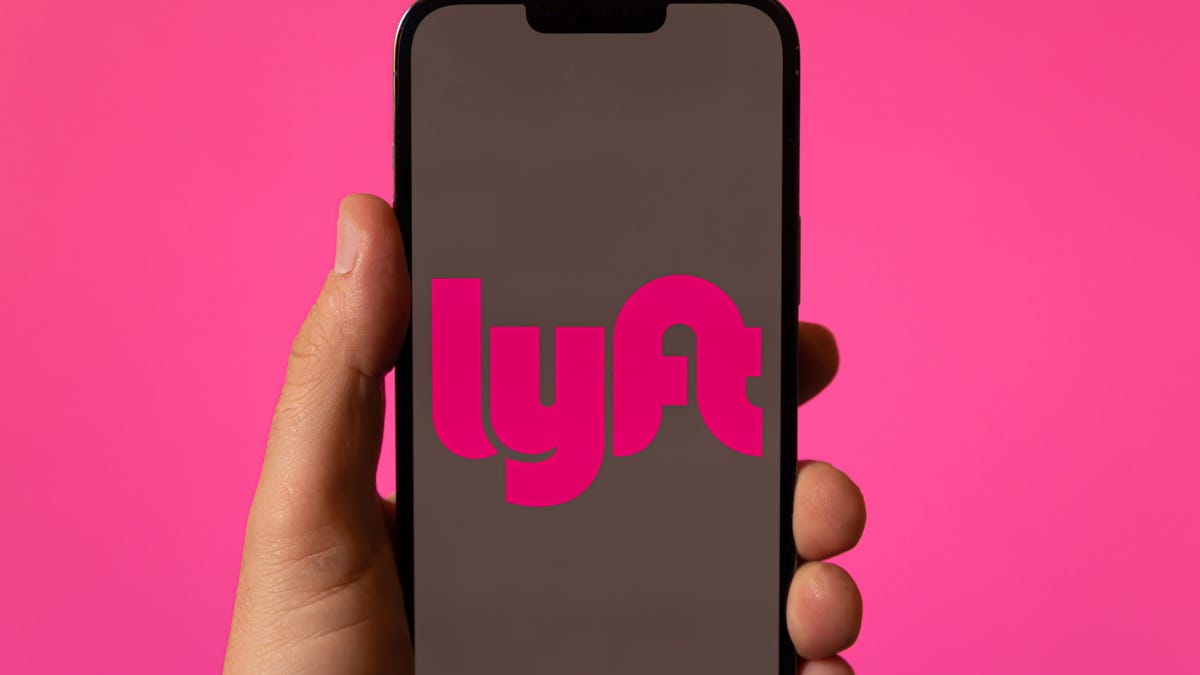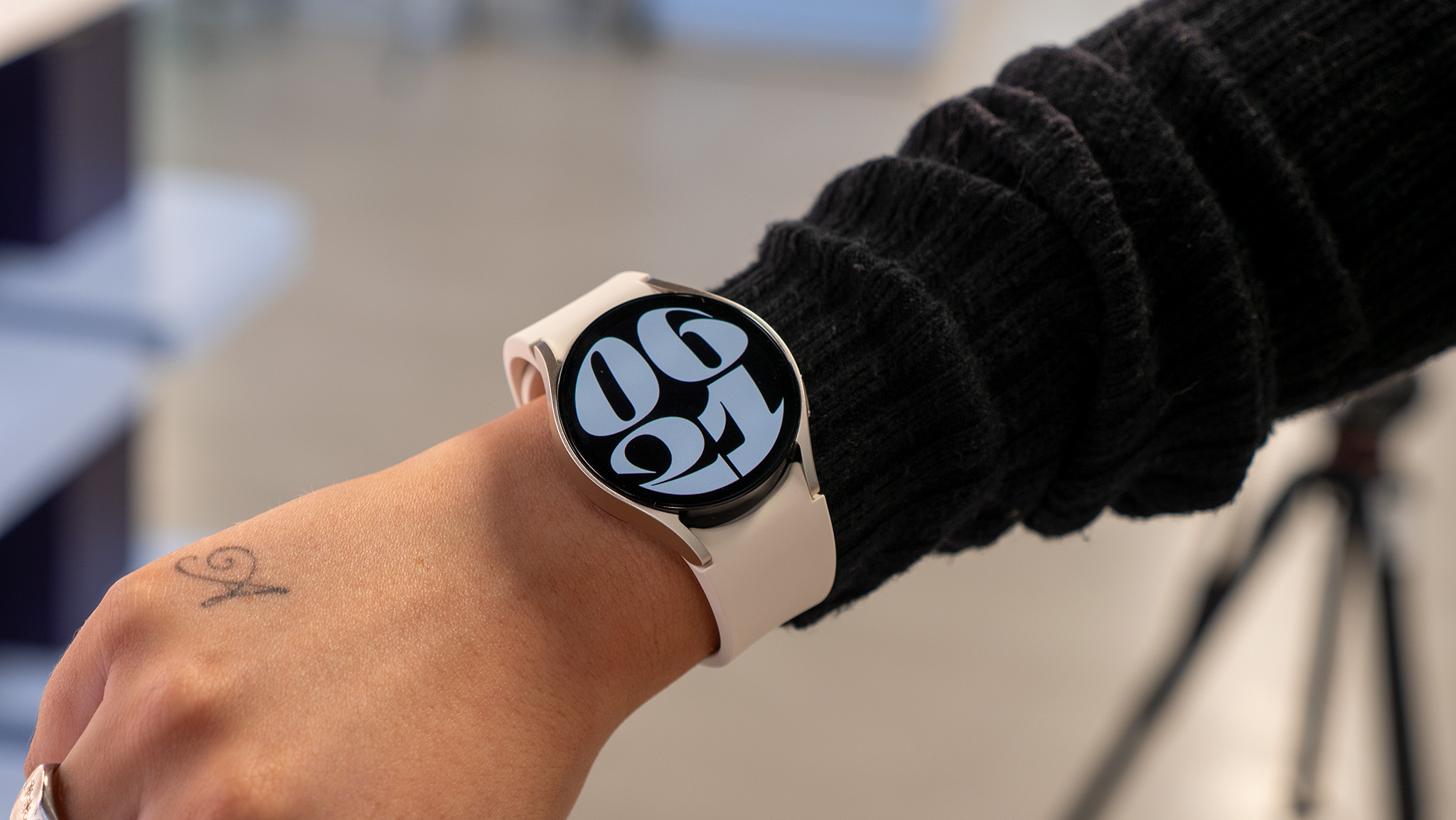Microsoft Prepares to Host Elon Musk's Grok AI on Azure, Sparking Internal Debate

In a significant move within the tech industry, Microsoft is reportedly preparing to host Elon Musk's Grok AI model on its Azure cloud platform, according to sources familiar with the internal discussions. This development comes after Microsoft has initiated talks with Musks xAI to incorporate Grok into its Azure AI Foundry, which provides developers access to various AI services, tools, and pre-built models. This collaboration could potentially impact Microsoft's long-standing relationship with OpenAI, Musk's former partner in the AI space, raising eyebrows among insiders.
If the agreement goes ahead, Grok will be made available to developers via Azure AI Foundry, thereby allowing them to integrate this AI model into their applications. Additionally, Microsoft may leverage Grok across its own suite of products, enhancing its offerings in the competitive AI landscape. However, Microsoft has refrained from commenting on this arrangement, leaving many questions unanswered about the nature of the partnership.
In recent months, Microsoft has aggressively expanded its Azure AI Foundry business, quickly adapting to a dynamic AI environment marked by competition. One notable competitor, DeepSeek, a Chinese AI startup, gained attention earlier this year with its innovative and cost-effective R1 AI model. Microsofts swift deployment of DeepSeek's technology on Azure AI Foundry showcases CEO Satya Nadella's commitment to staying ahead in the AI raceengineers were tasked to test and implement R1 in just a few days, a remarkable turnaround for the company.
Sources indicate that Nadella is keen on positioning Microsoft as the primary hosting provider for emerging AI technologies. The Azure AI teams are tasked with continuously onboarding new AI models and procuring hardware to enhance Microsoft's AI capabilities. In an interview with The Verge, Asha Sharma, Corporate Vice President of Microsofts AI platform, emphasized the companys vision: All of the systems that weve built for 50 years need to apply to AI agents. This strategic focus aims to evolve Azure AI Foundry into a critical infrastructure for AI applications.
While the prospect of making Grok accessible to developers aligns with Microsofts broader objective, it also raises questions about the dynamics between AI labs and Microsoft for training future models. Notably, Elon Musk had previously canceled a substantial $10 billion server agreement with Oracle, opting instead to train his models internally. This shift suggests a trend among AI companies to rely less on external providers, complicating Microsoft's hosting strategy.
The potential hosting of Grok could further exacerbate tensions within Microsoft, especially considering Musk's involvement with the Department of Government Efficiency (DOGE) project. Musk has hinted at a potential withdrawal from his responsibilities at DOGE in the coming weeks. Interestingly, the public feud between Musk and OpenAI, marked by legal disputes and claims of bad-faith tactics, adds another layer of complexity to this emerging partnership.
Additionally, reports suggest a growing rift between Microsoft and OpenAI regarding capacity and access to AI models. Recently, The Wall Street Journal highlighted that Nadella and OpenAI CEO Sam Altman are drifting apart, with internal hires at Microsoft seen as a buffer against reliance on OpenAI. Despite efforts to develop competitive AI models, Microsoft has continued to depend heavily on OpenAI for crucial features in its products like Office and Copilot.
As Microsoft navigates these challenges, the anticipated release of OpenAIs GPT-5 model has faced delays, further complicating the AI landscape. These developments underscore Microsofts willingness to explore alternative AI models beyond its established partnerships. Current offerings from Microsofts GitHub Copilot already include models from varied sources such as Anthropic and Google, signaling a shift towards a more inclusive approach to AI development.
The announcement of Groks availability on Azure may come during Microsofts Build developer conference scheduled for May 19th, marking a pivotal moment for the tech giant in its quest to solidify its position as a leader in the AI domain.





















